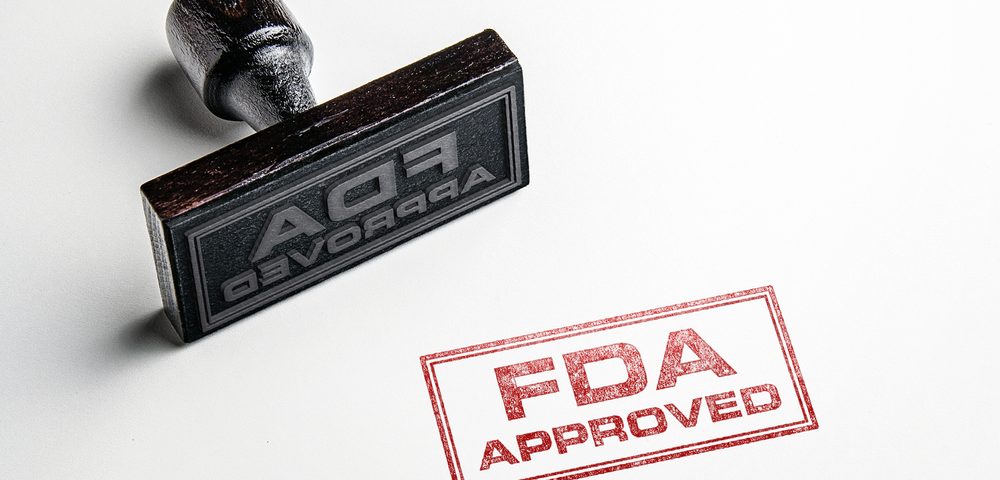The U.S. Food and Drug Administration (FDA) has given accelerated approval to the anti-PD-1 therapy Opdivo (nivolumab) for patients with locally advanced or metastatic urothelial carcinoma (mUC), a type of bladder cancer, who progressed during or after platinum-based chemotherapy.
The accelerated approval of Opdivo for this indication is based on tumor response rate and the duration of response seen in the Phase 2 CheckMate -275 trial, but the FDA’s continued approval depends on further confirmation of the drug’s clinical benefit in upcoming confirmatory trials.
The approval is also for patients whose disease progressed within 12 months of neoadjuvant (before the main cancer treatment) or adjuvant therapy (after the initial cancer treatment) with platinum-based chemotherapy.
“Our goal to help more patients is further realized in today’s approval for Opdivo in this population and we are excited that our immuno-oncology therapy is now an option and potential hope for these patients,” Chris Boerner, president of U.S. Commercial at Bristol-Myers Squibb, said in a news release. “This is evidence of our commitment to immuno-oncology and to bringing therapies like Opdivo to more and more patients in need of additional choices.”
The CheckMate -275 (NCT02387996) trial is an open-label, single-arm, multicenter study assessing the effectiveness of Opdivo in reducing tumor size in patients with locally advanced or metastatic mUC whose disease progressed during or after treatment with platinum-based chemotherapy. The study’s primary endpoint was the objective response rate, and secondary endpoints included progression-free survival and overall survival.
The study enrolled 270 patients who received Opdivo (240 mg) intravenously every two weeks until disease progression or unacceptable toxicity. The median age of patients was 66 years, and 29 percent of participants had received two or more prior systemic treatments for metastatic disease before entering the study.
After a median follow-up of six-months, the objective response rate was 19.6% as assessed by an independent radiographic review committee. The rate of complete responses was 2.6% (seven patients), and 17% of patients (46 patients) achieved a partial response.
But the results showed that those with PD-L1 expression of 1% or more had better objective response rates than those with PD-L1 expression below 1% (25.0% vs. 15.1%). High PD-L1 expression also correlated with better complete response rates (4.8% vs. 0.7%) and partial response rates (20.2% vs. 14.4%).
Among responders, the median time to response was 1.9 months, and median duration of response was 10.3 months.
“As an oncologist, a nearly twenty-percent response rate in advanced and metastatic bladder cancer is extremely encouraging and clinically meaningful in this patient population,” said Dr. Jonathan E. Rosenberg, MD, of Memorial Sloan Kettering Cancer Center.


